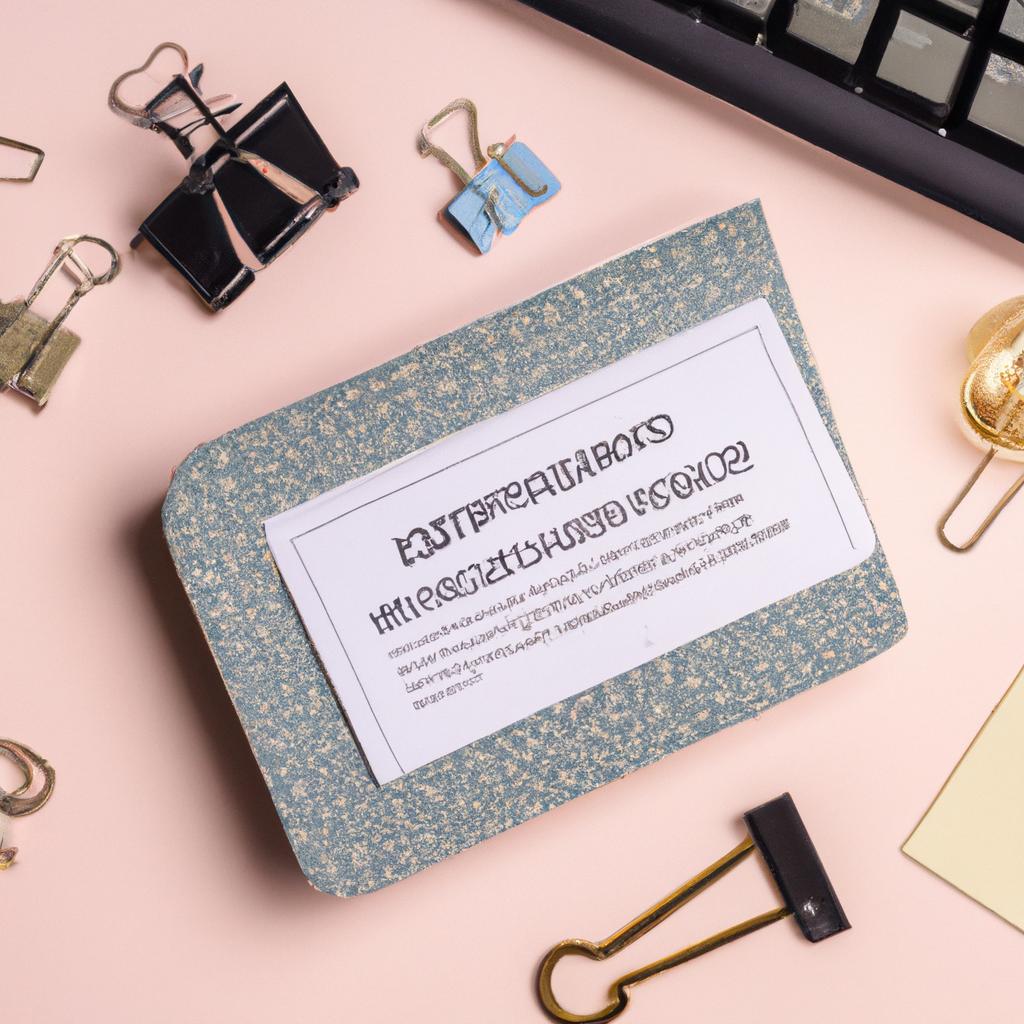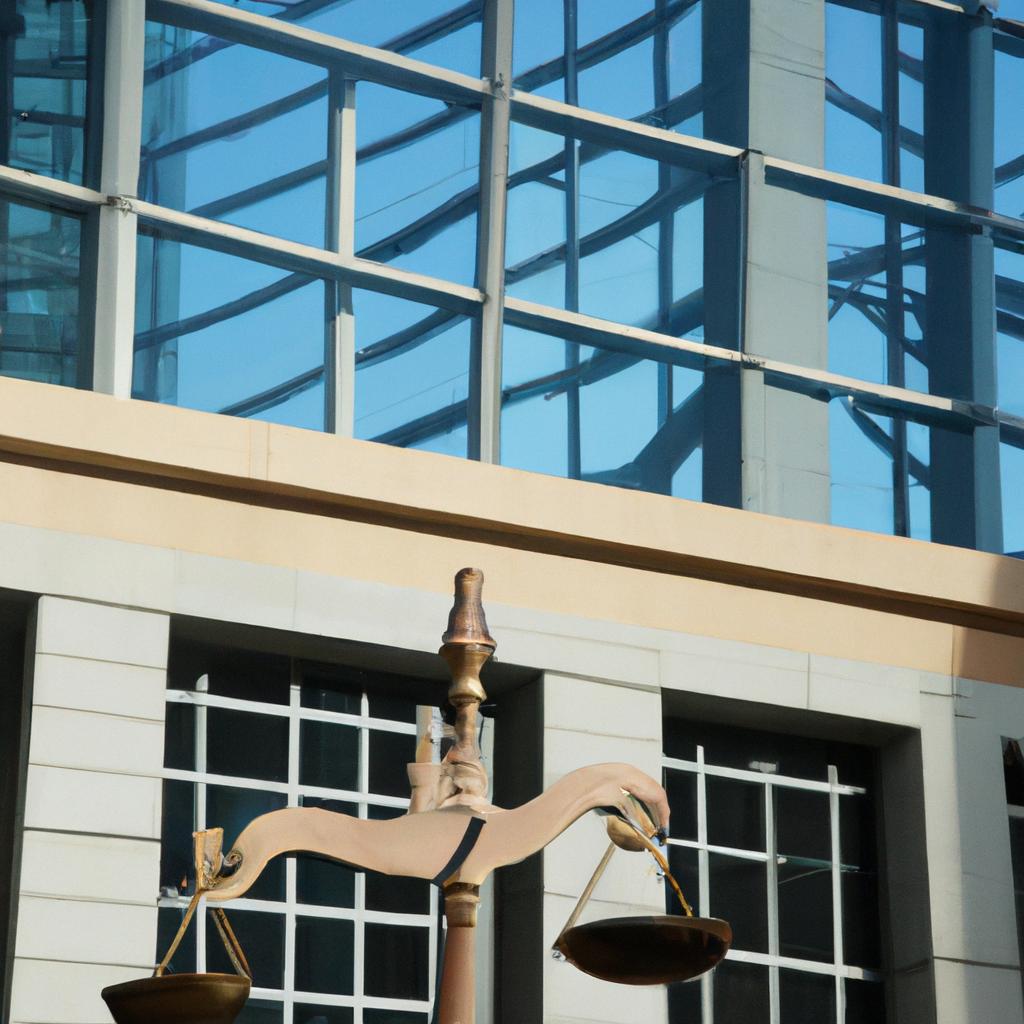As an experienced team at Morgan Legal Group in New York City, we understand that owning a property is a major achievement and one that comes with a lot of legal responsibilities. One important document that homeowners often question is their deed, the legal instrument that officially transfers ownership of a property. In this article, we will explore where you can obtain your deed for your house and why it is crucial to have this document readily available. Let us guide you through the intricate world of property ownership with clarity and expertise.
Obtaining Your Deed for Your House: A Comprehensive Guide
When it comes to obtaining the deed for your house, there are a few key steps you need to take in order to ensure that you have all the necessary documentation in place. The deed to your house is a legal document that proves ownership of the property, so it is essential that you have a copy on hand.
One of the easiest ways to obtain your deed is to contact the county recorder’s office where your property is located. They will have a copy of the deed on file, which you can request for a small fee. Alternatively, you can also check with your mortgage lender or title insurance company, as they may also have a copy of your deed on record. It’s important to keep a copy of your deed in a safe place, such as a safe deposit box or a fireproof safe, to ensure that you have easy access to it when needed. Remember, your deed is a crucial legal document that proves your ownership of your home, so it’s essential to keep it safe and secure.

Understanding the Importance of Your Deed in Real Estate Ownership
When it comes to real estate ownership, understanding the importance of your deed is crucial. Your deed is a legal document that proves your ownership of a property. Without a deed, you do not have a valid claim to the property. Your deed also outlines the rights and responsibilities that come with owning the property, as well as any restrictions or easements that may apply.
So, where do you get your deed for your house? Your deed should have been provided to you at the time of purchase, typically by the seller or their representative. If you cannot locate your deed, you can obtain a copy from the county clerk’s office where the property is located. It is important to keep your deed in a safe place, as it is a vital document that proves your ownership of your property.

Navigating the Process of Retrieving Your Deed with Ease
If you are wondering where to find your deed for your house, rest assured that the process can be navigated with ease. Your deed is an essential legal document that proves your ownership of a property, so it’s crucial to have it in your possession. Here are some steps to help you retrieve your deed efficiently:
<ul>
<li><strong>Contact the county clerk's office:</strong> The county clerk's office is where property records are kept, including deeds. You can request a copy of your deed from the county clerk by providing your property's address and paying a small fee.</li>
<li><strong>Hire a title company:</strong> If you are unable to locate your deed on your own, you can hire a title company to assist you. Title companies specialize in researching property records and can help you retrieve a copy of your deed.</li>
</ul>
| County Clerk’s Office | Title Company |
|---|---|
| Property records are kept here | Specialize in researching property records |
| Request a copy of your deed by providing your property’s address | Can assist you in retrieving a copy of your deed |

Expert Recommendations for Safeguarding and Accessing Your Deed
When it comes to safeguarding and accessing your deed for your house, it is crucial to follow expert recommendations to ensure that your property ownership is protected. One way to obtain your deed is by contacting the county clerk’s office where your property is located. They will have a record of all property deeds in their jurisdiction, and you can request a copy of yours for a nominal fee. Another option is to reach out to a real estate attorney who can assist you in obtaining and reviewing your deed to ensure that all information is accurate and up to date.
- Secure a certified copy of your deed from the county clerk’s office.
- Consult with a real estate attorney for professional guidance on safeguarding and accessing your deed.
It is also recommended to keep a physical and digital copy of your deed in a secure location, such as a safe deposit box or a digital vault. This will help prevent loss or damage to the original document and ensure that you have easy access to it when needed. Additionally, consider adding a trusted family member or advisor as a secondary contact for accessing your deed in case of an emergency. By following these expert recommendations, you can safeguard and access your deed effectively, providing you with peace of mind regarding your property ownership.
Q&A
Q: Where can I obtain my deed for my house?
A: The deed for your house can typically be obtained from the county clerk’s office where the property is located.
Q: What information do I need to provide in order to get my deed?
A: You will likely need to provide the address of the property, your name as the owner, and possibly the parcel number or legal description of the property.
Q: Is there a fee associated with obtaining a copy of my deed?
A: There may be a small fee for obtaining a copy of your deed, which can vary depending on the county and state where the property is located.
Q: Can I request a copy of my deed online?
A: Some counties offer online portals where you can request and download a copy of your deed, while others may require you to visit the county clerk’s office in person.
Q: What should I do if I have lost my original deed?
A: If you have lost your original deed, you can typically request a copy from the county clerk’s office where the property is located. It is important to keep your deed in a safe place to avoid misplacement in the future.
In Retrospect
So, if you’re wondering where to get a copy of the deed for your house, fear not! With a bit of research and the right resources, you can easily obtain this important document. Whether you need it for legal reasons or just for your own peace of mind, having a copy of your deed is essential for any homeowner. So don’t delay, start your search today and secure your piece of the property pie! Happy house hunting!
 When it comes to owning a home, one of the most important documents you will receive is the deed. This legal document serves as proof of ownership and outlines the property’s boundaries, what type of ownership you have, and any existing mortgages or liens on the property. But where do you get your deed for your house?
When it comes to owning a home, one of the most important documents you will receive is the deed. This legal document serves as proof of ownership and outlines the property’s boundaries, what type of ownership you have, and any existing mortgages or liens on the property. But where do you get your deed for your house?
In this article, we will explore everything you need to know about getting your deed for your house, including the different types of deeds, where and how to obtain them, and why this document is essential for homeownership.
Types of Deeds
Before we dive into where to obtain your deed, it’s important to understand the different types of deeds available. The type of deed you receive depends on the circumstances of your property transfer and the level of protection it offers.
1. Warranty Deed
A warranty deed is the most common type of deed used in real estate transactions. This type of deed guarantees that the seller has the legal right to sell the property and that there are no outstanding liens or claims on the property. It also promises that the seller will defend the buyer against any future claims to the property.
2. Grant Deed
A grant deed is similar to a warranty deed, except the seller does not have to defend the buyer against any future claims. This type of deed only guarantees that the seller has not transferred the property to anyone else and that the property is not sold to someone else.
3. Quitclaim Deed
A quitclaim deed is often used in situations where the property transfer is between family members or to transfer a property’s interest. This type of deed does not provide any guarantees or warranties and only transfers the seller’s interest in the property.
Where to Obtain Your Deed
Now that we know the different types of deeds let’s discuss where you can obtain your deed for your house. The first place to look for your deed is after you close on your home. The closing agent or title company involved in the sale of the property should provide you with a copy of the deed.
If you cannot locate your deed, you can also obtain a copy from the county recorder’s office where your property is located. Each county has a recorder’s office responsible for maintaining and recording all property documents, including deeds. You can search for your deed online or visit the county recorder’s office in person to obtain a copy.
How to Obtain Your Deed
Once you know where to obtain your deed, the next step is to understand the process of obtaining it. The process may vary depending on the state and county the property is located in, but generally, you will need to follow these steps:
1. Determine the Property Identification Number
Before you can request a copy of your deed, you will need to know the property’s identification number, also known as the assessor’s parcel number (APN). You can find this on your property tax bill or your property’s title report.
2. Fill Out a Request Form
Next, you will need to fill out a request form. This form typically includes your name, the property’s address, and the reason for your request. You may also need to provide a government-issued ID for verification purposes.
3. Pay the Associated Fees
Most county recorder’s offices charge a fee for copies of property documents, including deeds. The fee varies by county but typically ranges from $10 to $30. Some offices may also charge an additional fee for certified copies.
4. Receive Your Deed
Once you have completed the necessary steps and paid the associated fees, you will receive a copy of your deed. It’s essential to review the document to ensure all information is accurate, and there are no discrepancies.
Why Your Deed is Important
Your deed is a crucial document that serves as proof of ownership and protects your property rights. Without a documented deed, you may run into legal issues in the future, such as a dispute over ownership or a fraudulent transfer of the property.
Additionally, your deed contains valuable information about your property, such as its boundaries, easements, and any existing mortgages or liens. It also serves as evidence of any legal agreements or restrictions related to the property.
In the case of a property transfer, the deed is required to officially record the change in ownership. Without a recorded deed, you may face difficulties in selling or refinancing your property in the future.
Tips for Keeping Your Deed Safe
Now that you understand the importance of your deed let’s discuss some practical tips for keeping it safe and secure.
– Store your deed in a safe place, such as a fireproof box or a safe deposit box.
– Keep a digital copy of your deed on a secure device or in a cloud-based storage platform.
– Do not sign the back of your deed; instead, keep it in its original state to maintain its validity.
– Avoid making any amendments or corrections on your deed; instead, file an updated deed with the recorder’s office if necessary.
Final Thoughts
Obtaining your deed for your house is a crucial step in homeownership. It serves as proof of ownership and protects your property rights. By understanding the different types of deeds, where to obtain them, and the process involved, you can ensure you have a valid and accurate copy of your deed. Remember to keep your deed safe and secure, and if you have any questions or concerns, consult with a legal professional for guidance.

